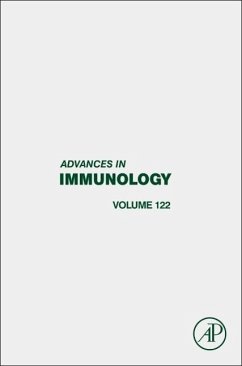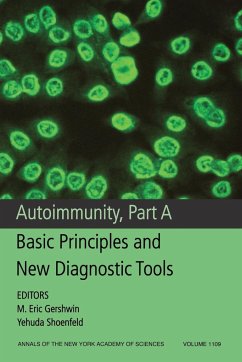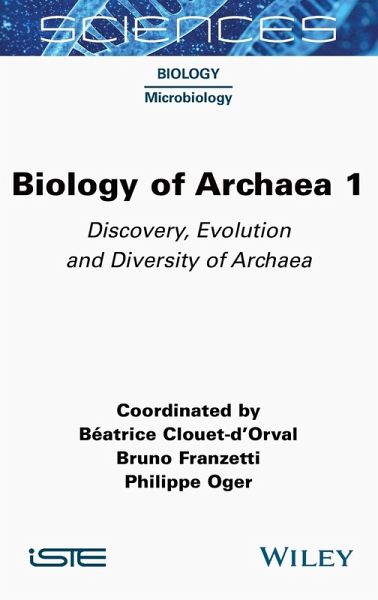
Biology of Archaea 1
Discovery, Evolution and Diversity of Archaea
Herausgeber: Clouet-d'Orval, Béatrice; Oger, Philippe; Franzetti, Bruno
Versandkostenfrei!
Versandfertig in über 4 Wochen
145,99 €
inkl. MwSt.
Weitere Ausgaben:

PAYBACK Punkte
73 °P sammeln!
Archaea constitute a new branch of life alongside bacteria and eukaryotes. These microorganisms are unique in their cellular and molecular aspects. They have evolutionary links with the first eukaryotic cells and are now being used to elucidate fundamental biological questions. Champions of extremophilicity, archaea are helping to lift the veil on the limits of life on Earth. Biology of Archaea 1 explores the discovery and evolution of the field of archaea research. This book also looks at the evolutionary history of archaea and their integration into the tree of life, and examines this comple...
Archaea constitute a new branch of life alongside bacteria and eukaryotes. These microorganisms are unique in their cellular and molecular aspects. They have evolutionary links with the first eukaryotic cells and are now being used to elucidate fundamental biological questions. Champions of extremophilicity, archaea are helping to lift the veil on the limits of life on Earth. Biology of Archaea 1 explores the discovery and evolution of the field of archaea research. This book also looks at the evolutionary history of archaea and their integration into the tree of life, and examines this complex and extremely diverse world in terms of their ecological niches and their still largely unexplored virosphere.





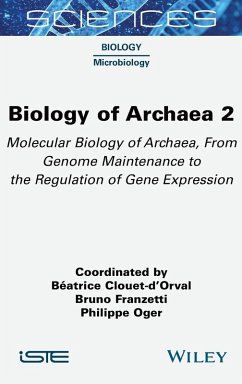
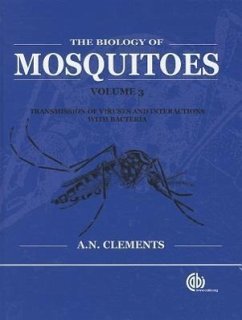
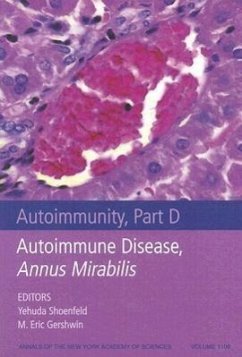
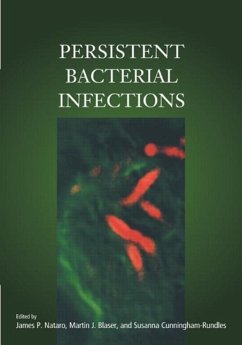
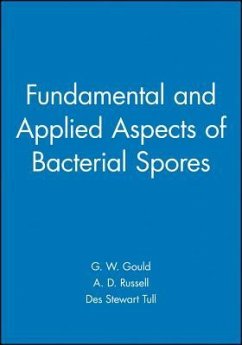
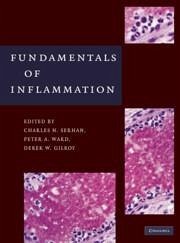
![Investigations Into the Etiology of Traumatic Infective Diseases [electronic Resource] Cover Investigations Into the Etiology of Traumatic Infective Diseases [electronic Resource]](https://bilder.buecher.de/produkte/71/71634/71634305n.jpg)
